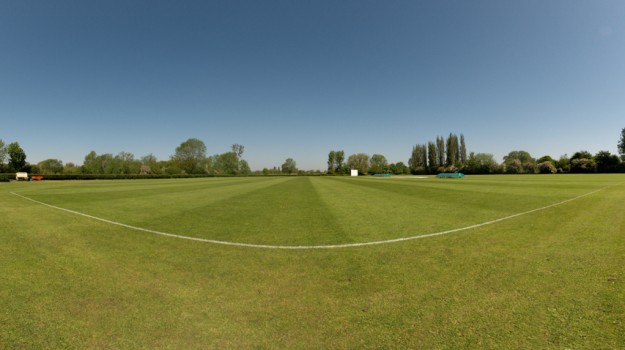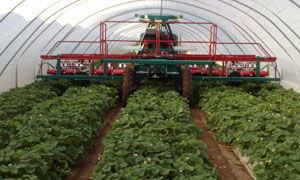The industry has undergone many changes, greater specialisation being one and underpinning this change has been the ongoing application of engineering technology.
They are responsible for the cultivation of an extensive and diverse range of vegetables, fruit and salad crops that contribute to the quality of our diet and the flowers, bulbs, shrubs and trees that enrich our environment.
IAgrE seeks to promote horticultural engineering as a worthwhile and rewarding career and aims to do this by:
- promoting horticultural engineering within the wider engineering profession
- making the horticultural industry more aware of the importance of the application of engineering to its viability and future development
- improving communications within horticultural engineering
- helping horticultural engineers in the development of their careers
- promoting horticultural engineering as a worthwhile and rewarding career
Agricultural engineers working in horticulture can be involved in: Nurseries / Environmental control / Crop processing / Harvesting
Amenity
Agricultural engineers following a profession in the amenity sector will be working in either grounds management and turf care, irrigation or landscap ing.
ing.
Grounds and amenity management is a skilled profession in its own right. The industry is diverse covering:
- public sports grounds such as local league and authority facilities
- private grounds which includes premier league sports clubs,
- estate grounds management for private gardens and schools or Trust run properties
- amenity open space management which includes parks and green spaces in villages, towns and cities
The role includes all aspects of turf management from the operation of hand held and ride-on machinery, pesticide and fertiliser application to the marking out of sports surfaces. When working with natural turf surfaces the complex interaction of many variables e.g. soil type, water content, soil density, grass species, soil nutrition and pH come into play. There are also excellent opportunities for engineers to become involved in disciplines such as drainage, irrigation, soil mechanics, soil physics, agronomy and mechanisation.
The Forestry Commission plays an important role in the amenity sector. It is the biggest provider of outdoor recreation in Britain, providing 2,600 km of cycle trails, maintaining 24,000 km of forest roads – seven times the total amount of motorway in Britain and more than 2,300 bridges. It is the largest provider of outdoor recreation in Britain and these forests offer some of the best and most challenging mountain biking in the world. Sustainability is fundamental to modern forest management, helping to ensure forests and woodlands continue to provide social, environmental and economic benefits to future generations.






 Horticulture is a diverse and important industry that spans a variety of subjects from flower producing, landscape design, pest biology, garden history to crop mechanisation. It is a very important industry crucial to shaping the quality of life around the world. Horticulturists need a high degree of skill and knowledge.
Horticulture is a diverse and important industry that spans a variety of subjects from flower producing, landscape design, pest biology, garden history to crop mechanisation. It is a very important industry crucial to shaping the quality of life around the world. Horticulturists need a high degree of skill and knowledge.